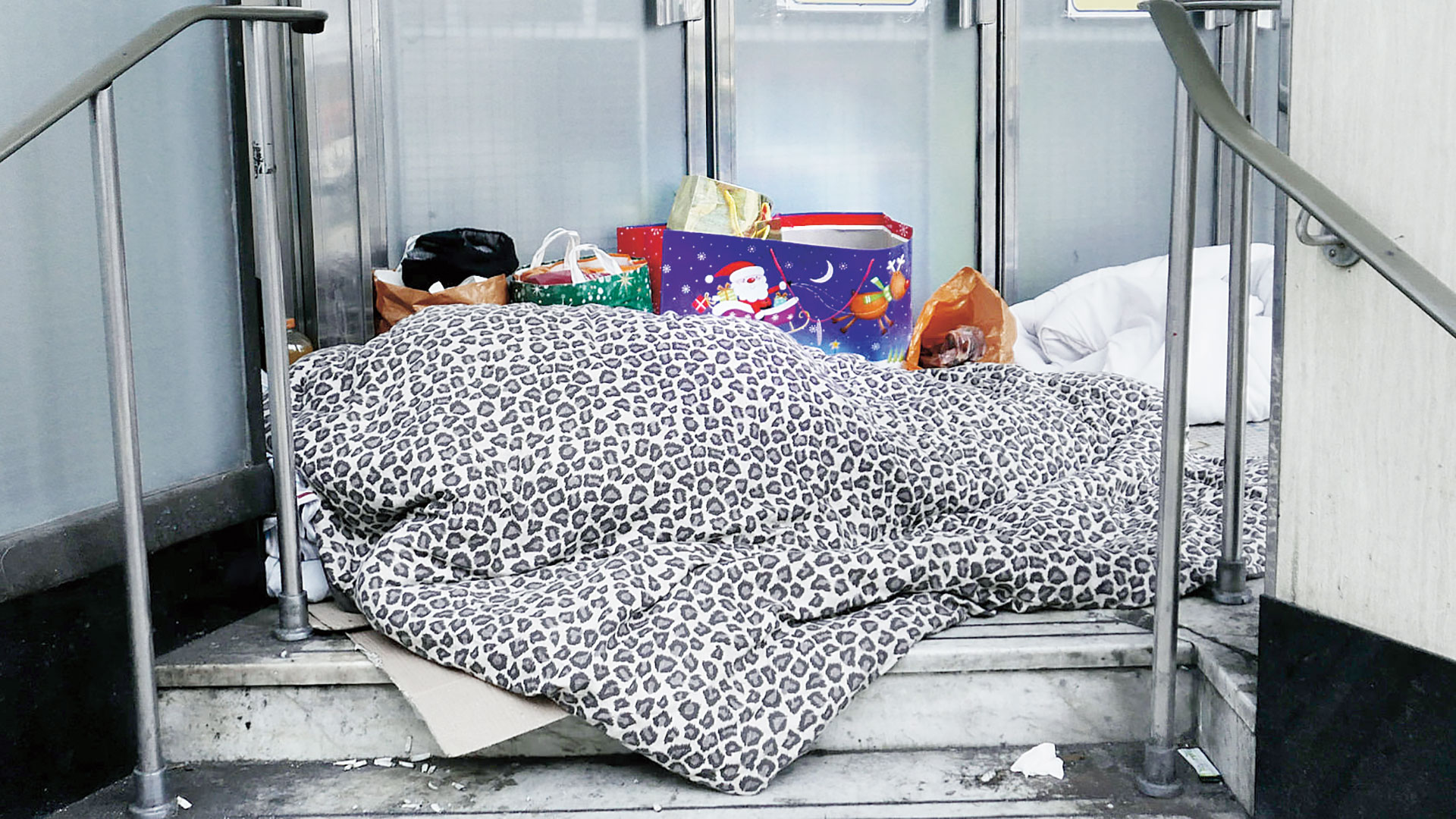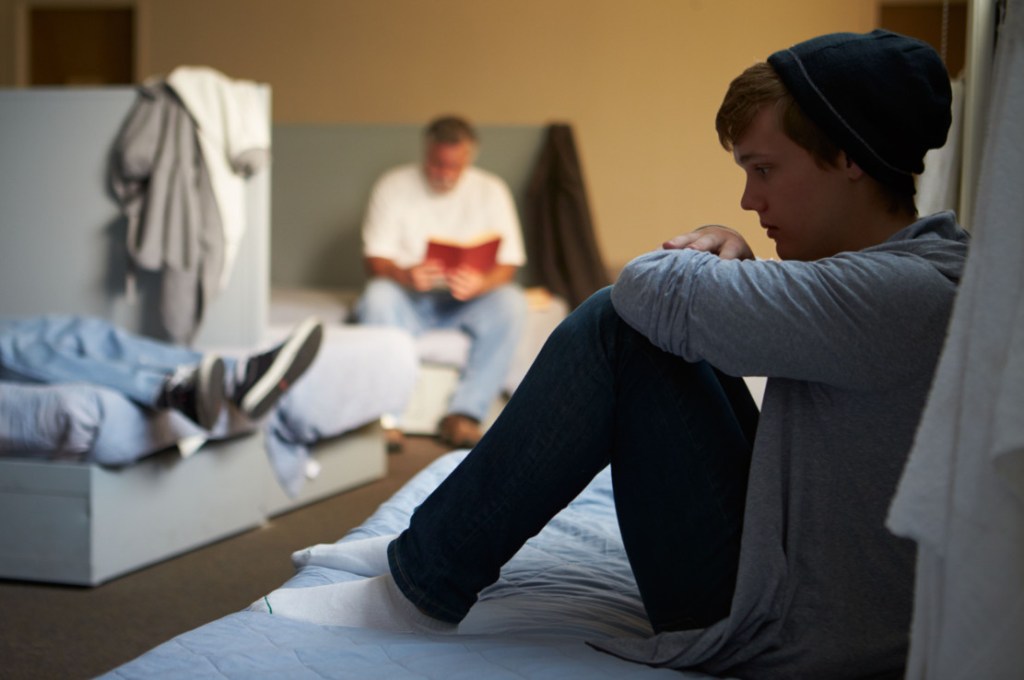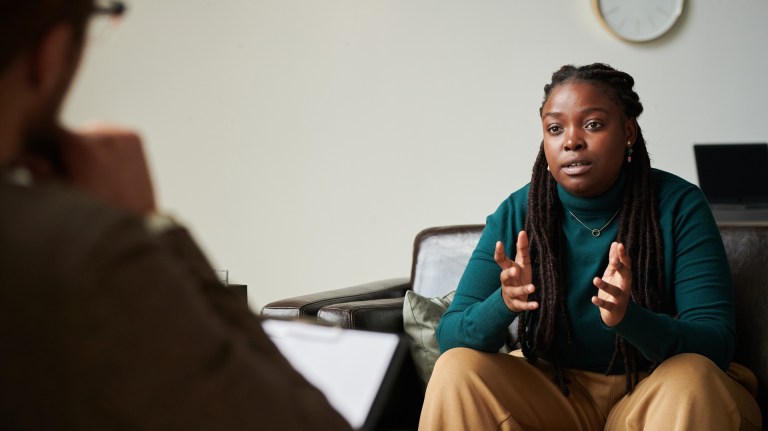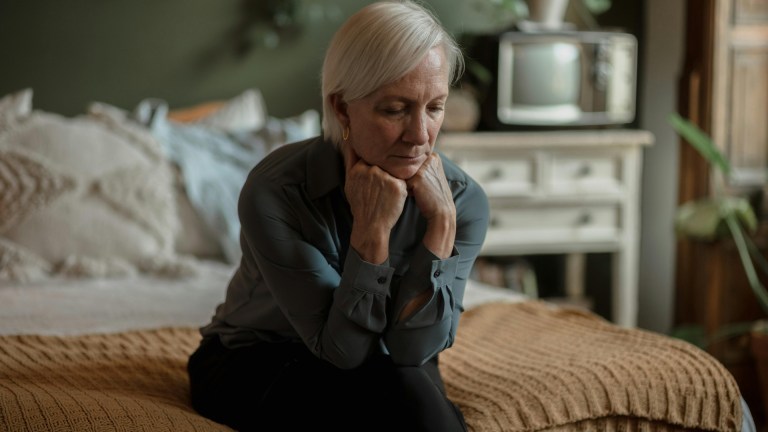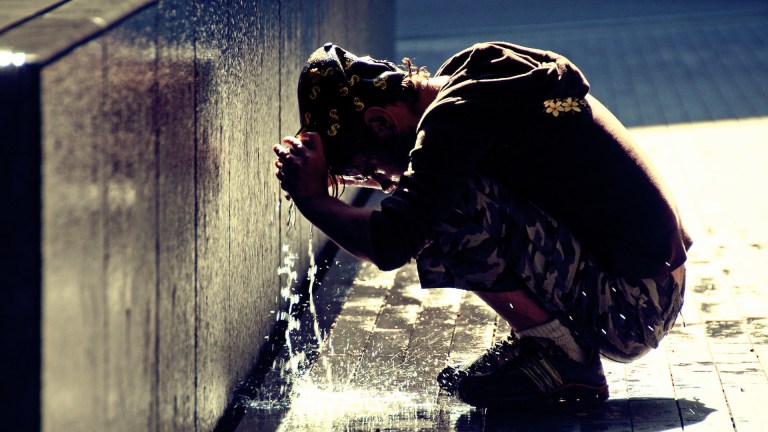Labour’s shadow housing minister John Healey has made the wider point about the welfare system, pointing to the coming of the coalition government in 2010 and the slew of benefit cuts introduced since then. Cuts to housing benefit and Employment and Support Allowance, the overall benefit cap, and real-term reductions in tax credits and child benefit have all made life harder for people who may have already struggled to keep roofs over their heads.
Others still point to changes in working life and business practice. There is the growth in insecure part-time jobs and zero-hour contracts, and the rise in online gambling and the fixed-odds betting terminals (FOBTs) found in high street bookies, sucking larger-than-ever sums of money out of already poor communities. The Campaign for Fairer Gambling states £470m is being lost to FOBTs each year in the country’s 55 most deprived boroughs.
If all of this goes some way to explaining why many people are falling from poverty into destitution, it still doesn’t get near explaining the scale of the nation’s housing crisis. The awful truth is that rough sleeping is only the most visible symptom of the intense housing woes affecting tens of thousands of others. For every person you might pass in an empty high street doorway, there may well be dozens of people in flats above the shops struggling with squalid conditions, rent arrears and looming deadlines to pack up and leave.
New figures show 4,134 people are now sleeping rough in England on any given nigh
The desperate lack of decent, affordable social housing is absolutely critical here. The long decline of council housing since the beginning of the Right to Buy has left local authorities with huge waiting lists. Almost 60,000 individuals and families were accepted as homeless by councils in England and Wales last year, and a further 28,000 in Scotland, but there remains precious little councils can do for them, except send them off to stay on friends’ sofas or place them in B&Bs and slum-end private lets.
Although local authority housing managers were once able to prioritise single mothers with children, the shortage in London has become so acute that many councils have been forced to place families into dire accommodation outside of the city, far from the places many of them grew up.
The latest figures show councils across the UK spent £3.5bn over the past five years on temporary accommodation for those with nowhere else to go – a 43 per cent increase over the period.
So rough sleeping, sadly, is only the tip of an iceberg. We mourn the fate of rough sleepers as if it were a strange and distinct problem, one to be addressed in isolation. But it is an issue connected to the deeper, wider state of housing in Britain today: the lack of options and insecurity faced by millions of people.
HOW YOU CAN HELP
Readers often ask us what they can do to help those at the sharp end of Britain’s housing crisis – the men and women who have no option but to sleep on the streets. By buying this magazine you are providing your vendor with a vital human connection – an interaction that allows them to lift themselves up and face the world with self-respect.
Our 2020 Impact Report
The Big Issue has given more than £1 million support to Big Issue vendors struggling due to the lockdown restrictions. To mark the significant milestone, we have published an impact report, documenting the seismic shift the organisation has undergone in the past 12 months.
View Report 